Amidst all the uncertainties of pandemics, natural disasters, and economic instability, more and more people are realizing how important it is to prepare for the potential of chaos. Taking precautions for potential emergencies is smart, but some common mistakes can undermine your readiness. Here, we’ll explore these frequent errors that often go unnoticed. From forgetting the basics to overspending on fancy gear, being aware of these typical pitfalls can help you strengthen your preparedness plan and find effective workarounds to tackle any challenges that come your way. By learning from others’ experiences, you can refine your own strategies and make sure your preparations will serve you well when you need them the most.
1. Not Rotating Stockpile Items
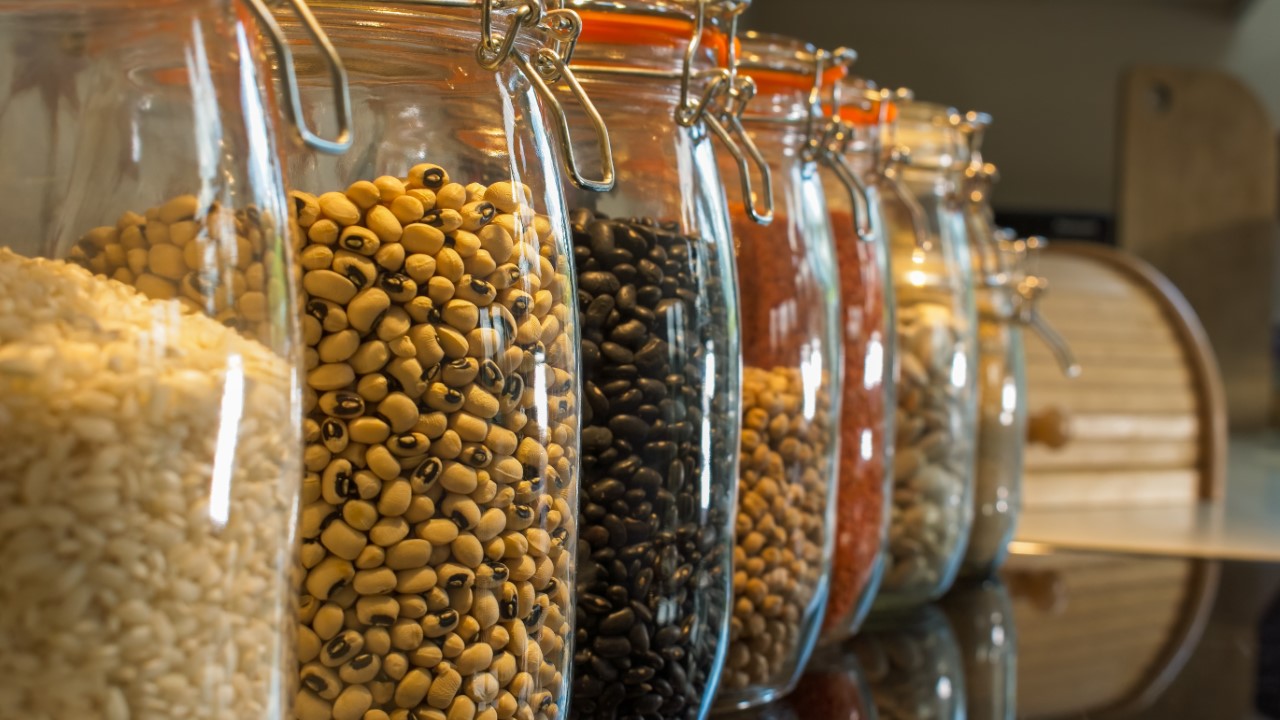
Stockpiling supplies is crucial to being prepared, but it’s not enough to buy extra food, water, or other necessities and let them sit on shelves for years. Regularly rotate items by using and replacing the oldest ones first to avoid expiration or spoilage. Rotation is critical for food, batteries, and almost everything you stock up on.
2. Lack Of Variety
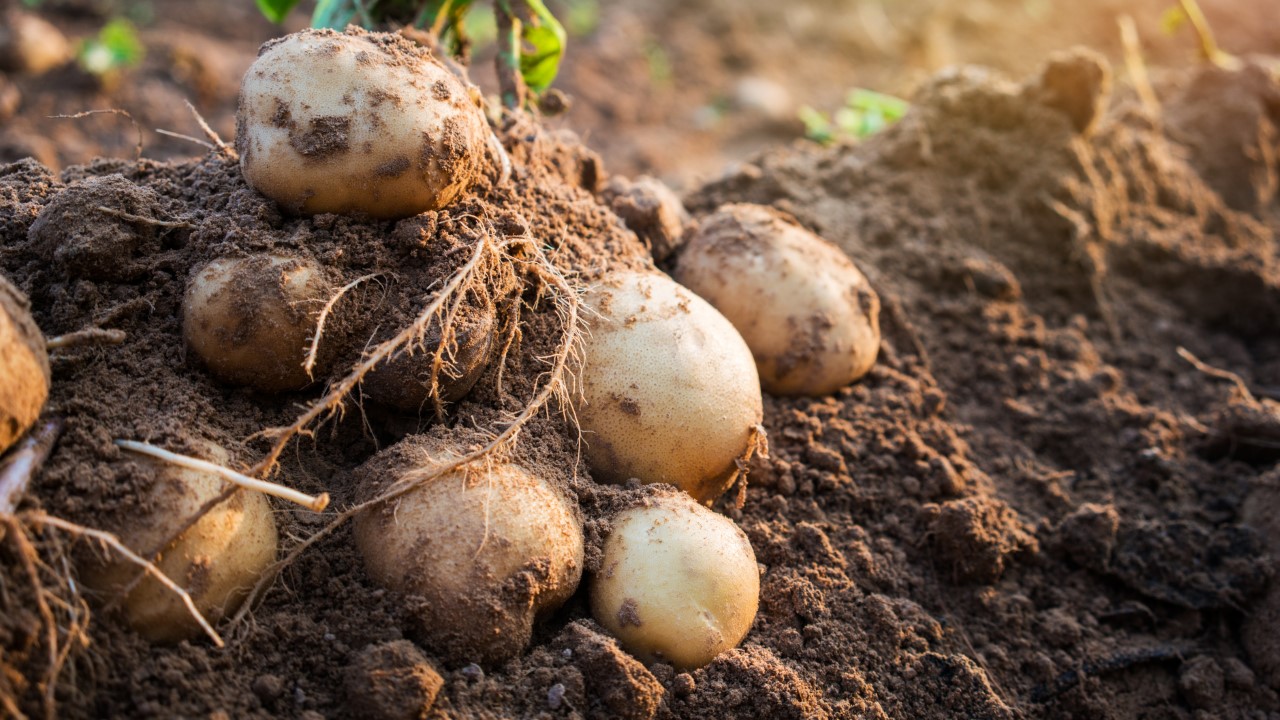
During a crisis, you may need to depend on your stockpile for an extended period. While it may seem easy to stockpile a few types of food, your family will quickly get tired of eating the same meals repeatedly. Think about the foods they enjoy daily and try to find shelf-stable versions to add to your stockpile. While you don’t want to overcomplicate things by having multiple varieties of everything, having a few different items can make all the difference.
3. Improper Storage Conditions
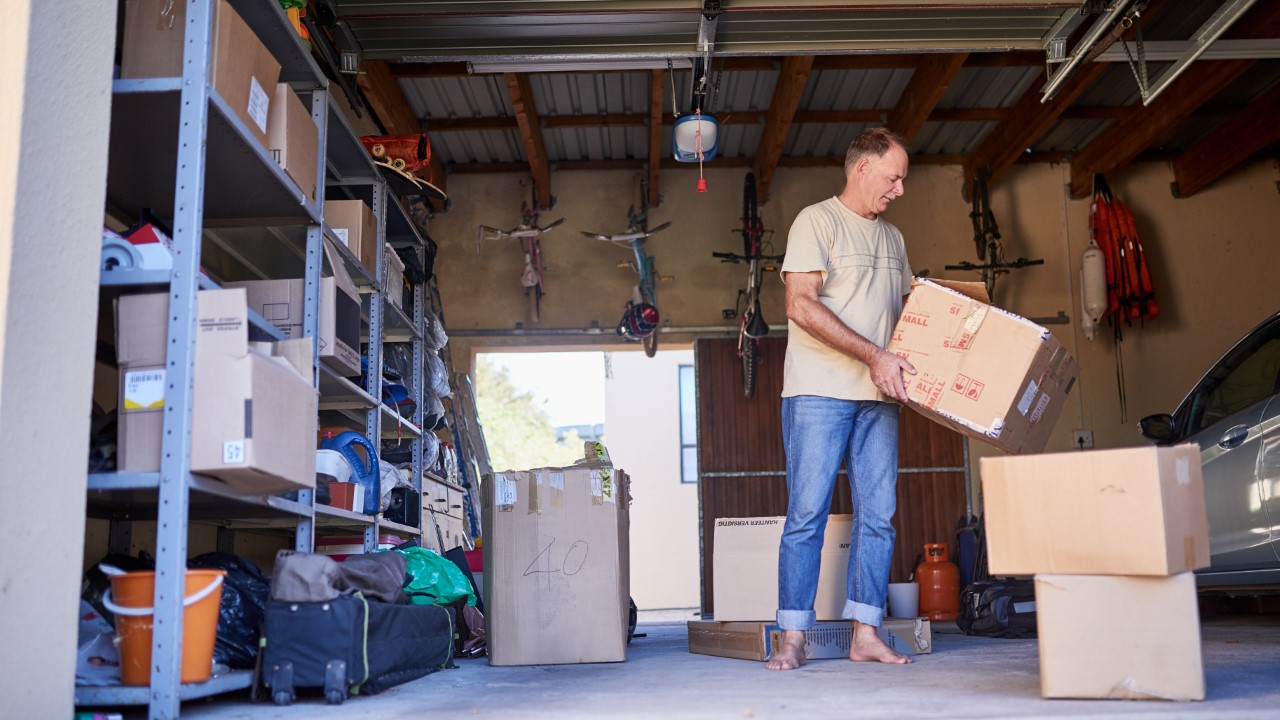
To ensure proper supplies storage, keep food items in a cool, dry place away from sunlight and store water in sturdy containers, rotating every six months. Make it a habit to consistently inspect for mold or pests and promptly dispose of any contaminated items.
4. Buying From Stores
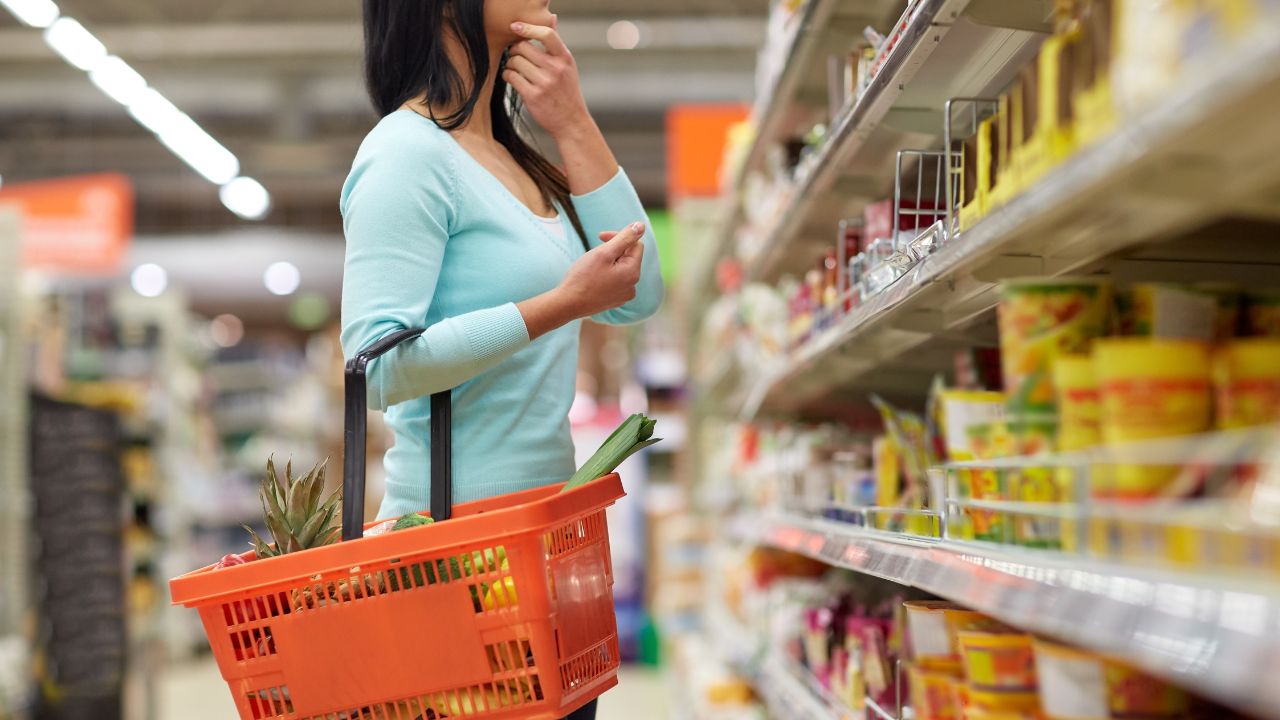
While relying on store-bought canned or packaged food may be tempting, do you know the consequences if you run out? Why not try preserving your own food using canning or dehydrating techniques? It’s a great way to cultivate a garden and have the peace of mind of a continuous food supply.
5. Pre-Made Survival Kits

Getting a pre-made survival kit might seem like a simple way to prep for a disaster, but it’s crucial to evaluate the contents and ensure they fit your needs. Instead, create your personalized kit, basing it on your survival plan and location to ensure the relevance and inclusion of essential items.
6. Not Learning Survival Skills

Having the right supplies is important, but knowing how to use them effectively is crucial. Take the time to learn basic survival skills like fire making, canning, shelter building, and foraging for food because you never know when these skills might come in handy and save your life!
7. Not Thinking About Nutrition
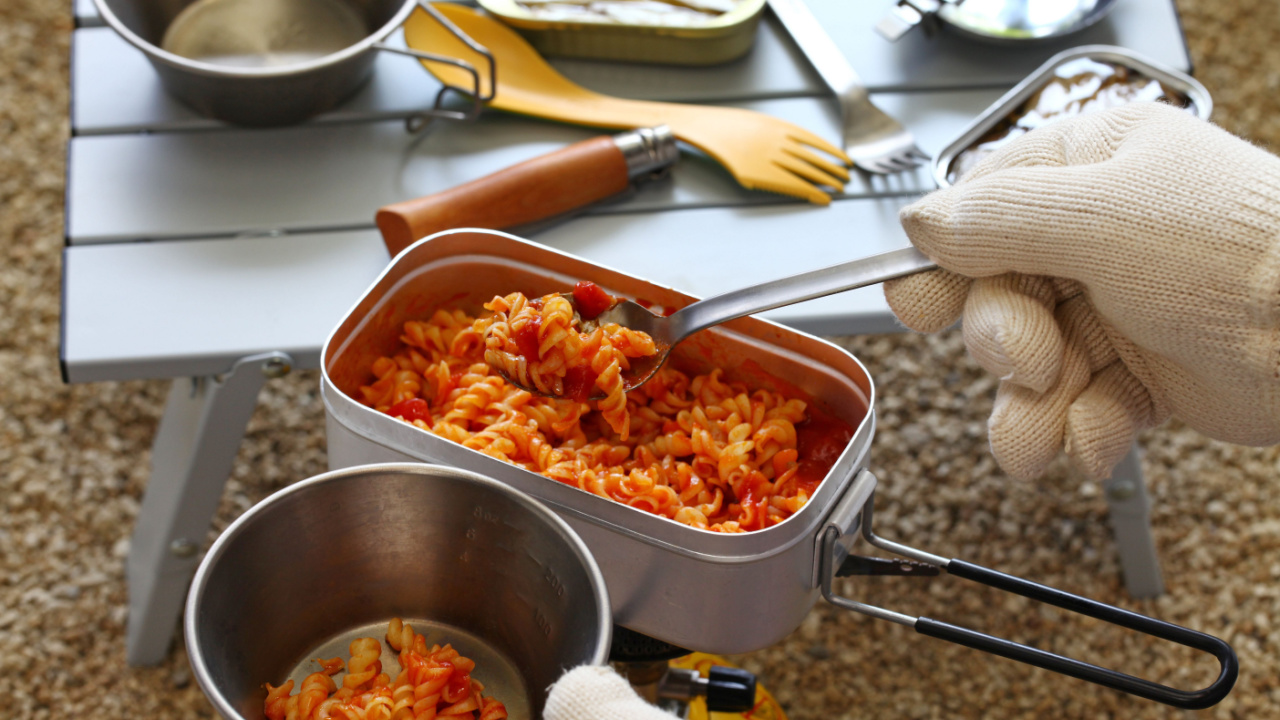
Most people overlook proper nutrition in survival, but it’s essential for maintaining energy and keeping your mind sharp. Consider including high-protein foods such as jerky, nuts, vitamins, and dried fruits in your emergency food supply.
8. Not Storing Documents

During a disaster, it’s crucial to have copies of important documents and belongings stored securely. Additionally, ensure you have emergency contact information written down for your loved ones in case you can’t use your phone or computer.
9. Thinking Apocalyptic Instead Of Crisis
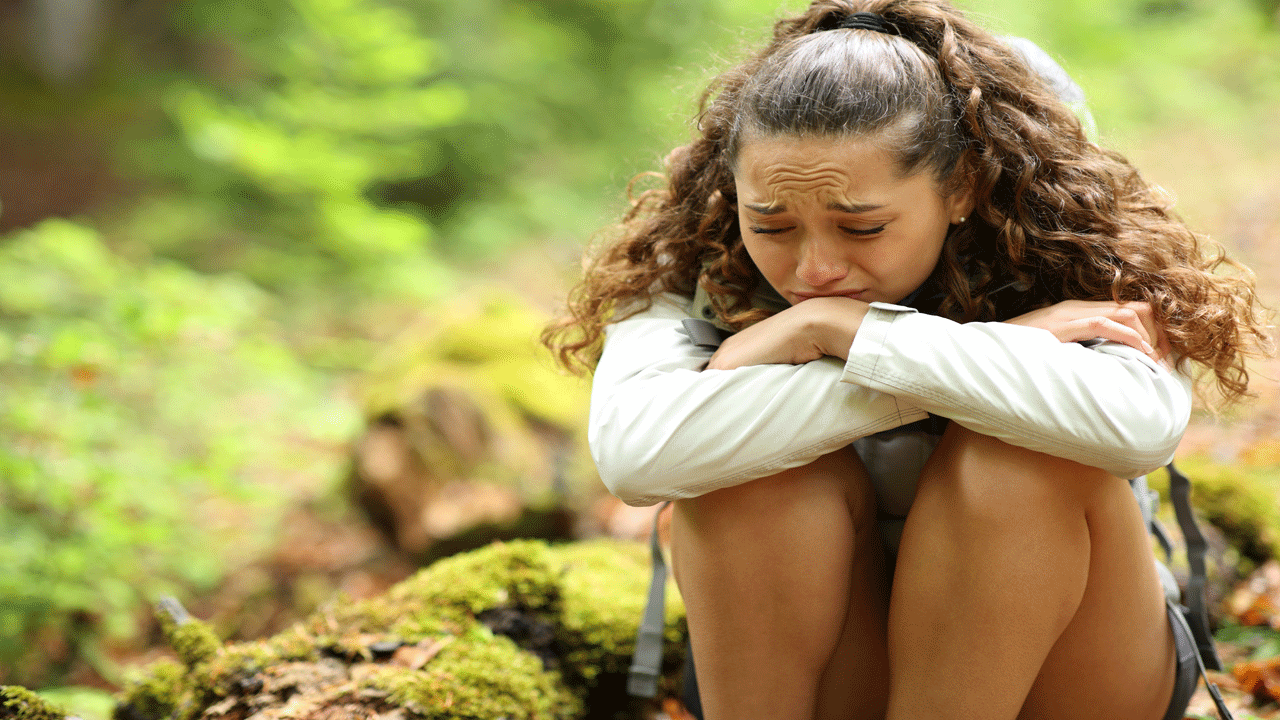
While it’s crucial to be ready for worst-case scenarios, having a well-defined plan for more probable crises, like natural disasters or pandemics, is equally important. Avoid getting overwhelmed by doomsday thoughts, and ensure you’re adequately prepared for realistic emergencies.
10. Not Involving Family

When faced with a crisis, survival becomes a team effort, and it’s essential to involve your whole family, kids included, in emergency preparedness. Teach them how to garden, preserve food, and build shelters. Additionally, ensure they are involved in understanding what to do in case of an emergency.
11. Packing Too Heavy

It’s essential to consider the weight of your bug-out bag or emergency kit, as you may have to carry it for long distances in a crisis. Focus on packing essential items that can serve multiple purposes; for example, choose a multi-tool instead of individual tools or pack lightweight emergency blankets rather than heavy sleeping bags. Storing food and essentials in smaller bins will make it much easier to keep track of supplies and move if needed.
12. Not Keeping a List

Some preppers do not make a list of their inventory of stockpile items, which can lead to overstocking certain items and not having enough of others. To avoid this, create a detailed list of all your stockpile items, including quantities and expiration dates, and then regularly check and update this list to ensure you have a balanced supply of essential items.
13. No Books

In a survival situation, knowledge is just as crucial as physical supplies, and many preppers overlook the importance of including books and educational materials in their stockpiles. Consider adding books on survival skills, first aid, gardening, and DIY projects to your stockpile; these resources can provide valuable information and guidance during an emergency. You should also consider including some fiction books to feed your entertainment needs.
14. Not Having A Water Plan
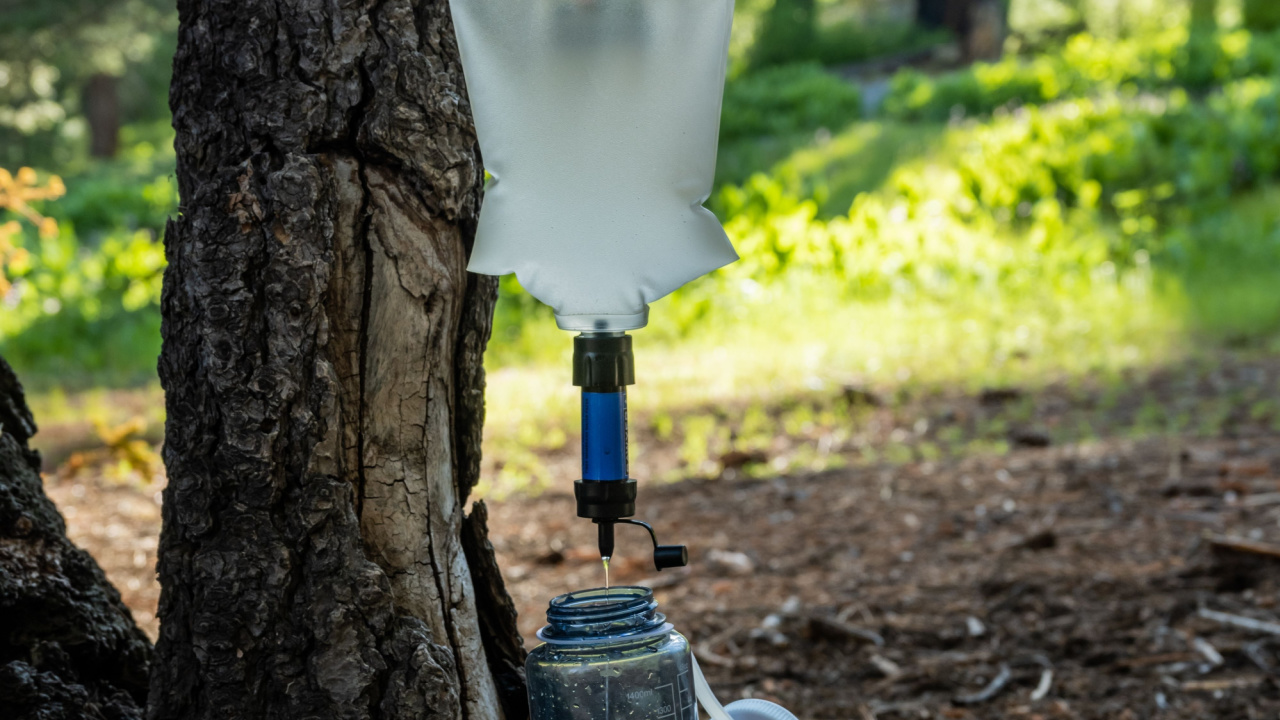
Water is crucial for survival, but many preppers don’t have a solid game plan for getting and storing water in emergencies. It is crucial to have a sufficient supply of clean drinking water and purification methods such as filters, tablets, or boiling to purify and filter water from natural sources.
15. Forgetting Comfort Items

Surviving in a post-disaster world is physically and mentally challenging, but many preppers prioritize practical items like food and shelter without including comfort items that can play a crucial role in maintaining morale and reducing stress. Consider including items like books, games, or even a deck of cards in your emergency supplies to provide entertainment during difficult times.
16. Only One Plan
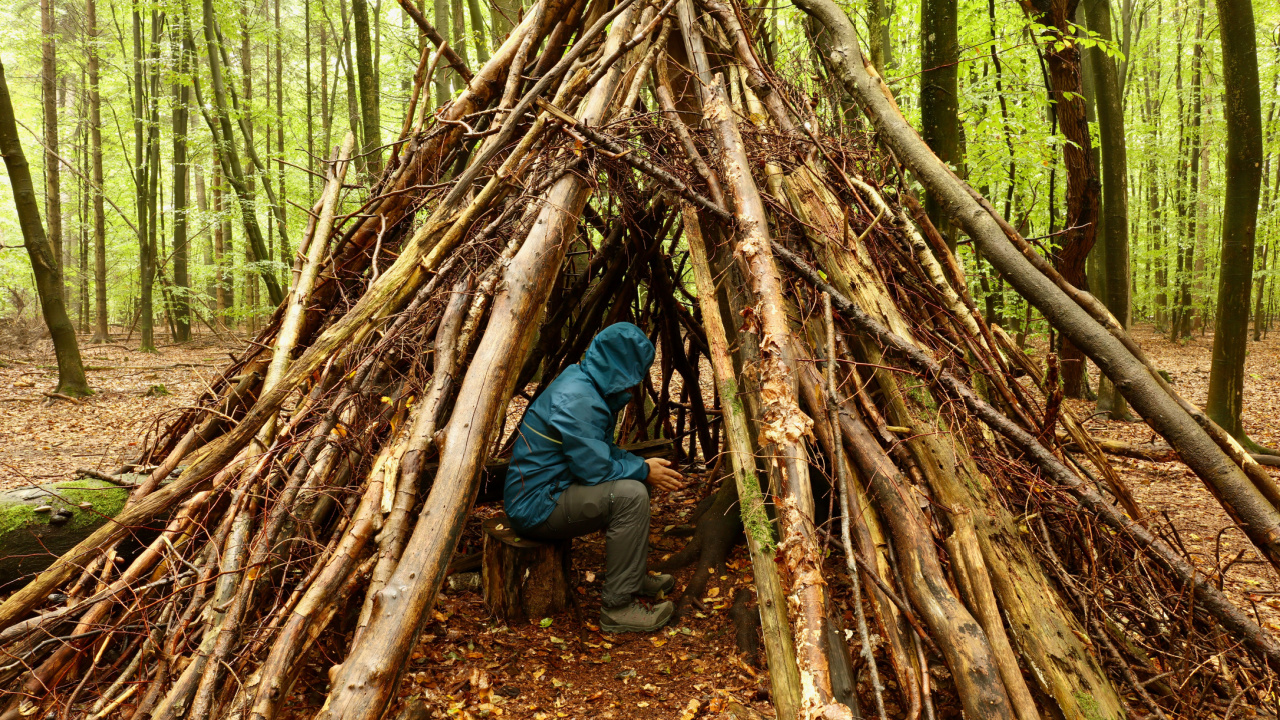
Having a well-thought-out plan is essential in any emergency. However, some preppers may fall into the trap of having only one or no plan. It’s important to have multiple contingency plans for different scenarios to ensure you are prepared for any situation.
17. Not Practicing Skills
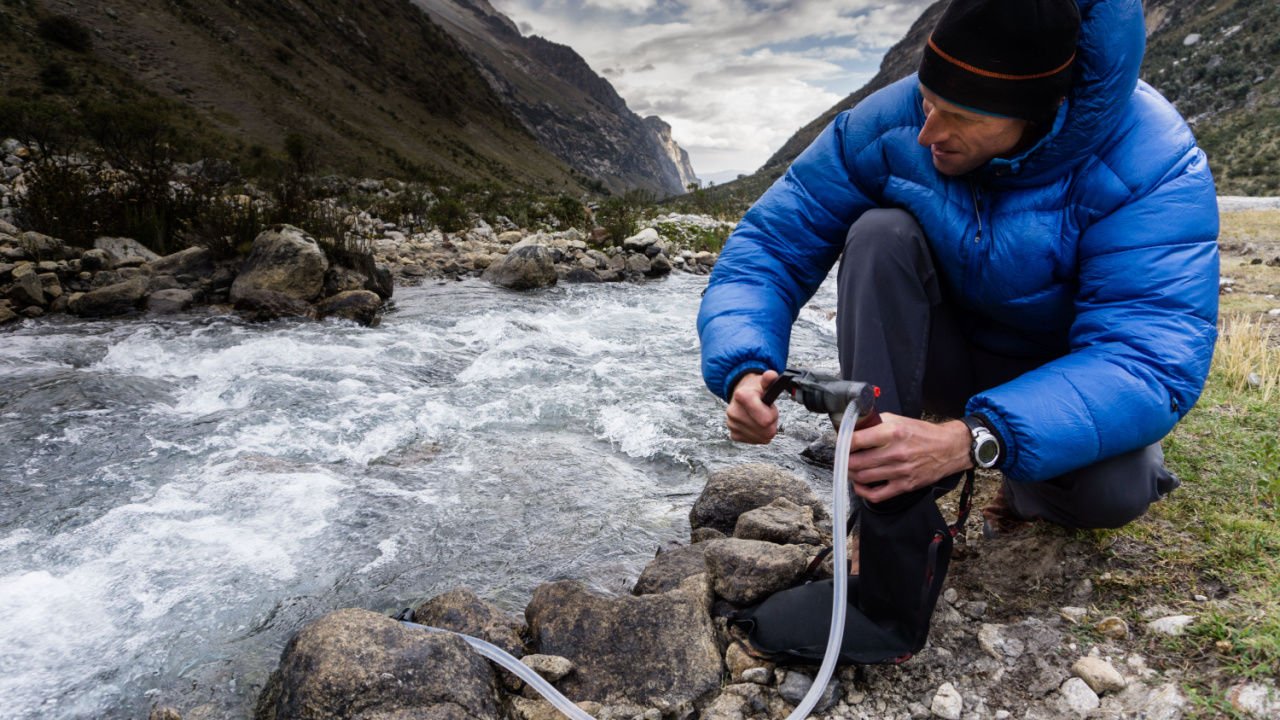
While stockpiling supplies and having a solid plan are important, practicing survival skills like building a shelter or foraging for food can significantly improve your chances of survival in an emergency. Be sure to regularly practice using items such as fire starters, first aid kits, and other emergency supplies to use them effectively when needed.
18. Storing In Obvious Places
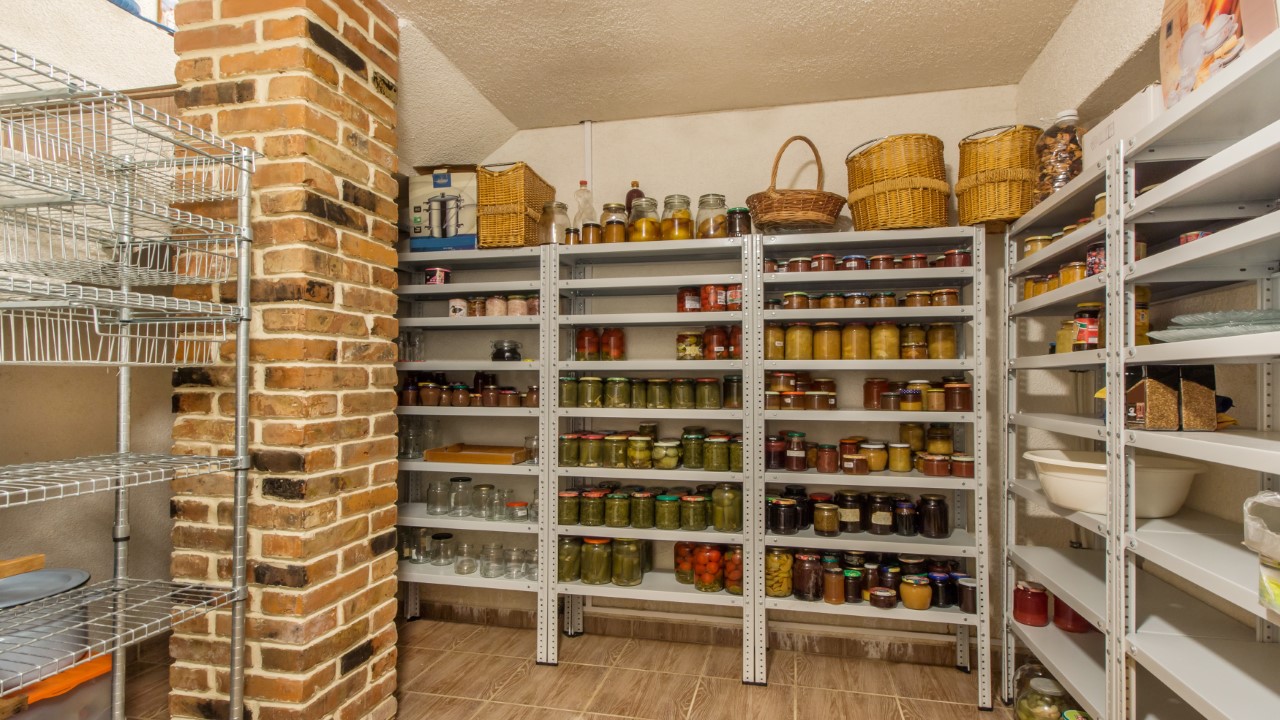
Another common mistake made by preppers is storing their supplies in an obvious and easily accessible location, which makes them easily susceptible to theft or looting. When choosing a location to store your supplies, consider keeping them in several secure and hidden places that only your family knows about. It’s a good idea to have several different places to store items so that if one location is compromised, you still have access to the rest of your essentials.
19. Underestimating Needs

Many preppers make the mistake of not stockpiling enough food for their families. When preparing your emergency food supply, consider how much each person will need per day and plan accordingly. It’s better to be over-prepared than under-prepared when it comes to food during an emergency.
20. Forgetting Pet Needs

Pets are often considered family members, but many preppers forget to include them in their emergency plans. Make sure you have enough food and water for your pets as well. Extra supplies such as medication or a pet first aid kit are also good.
21. Only Thinking About Defense
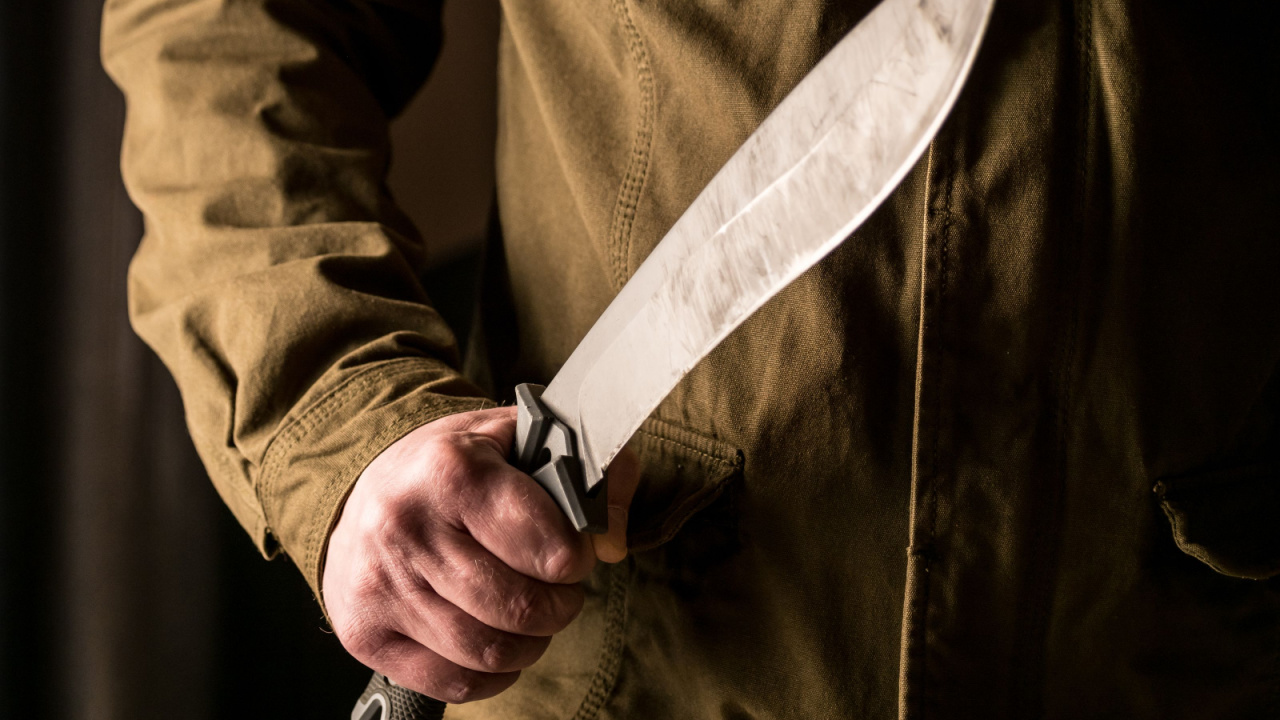
While defense is crucial in prepping, cooperation and community are equally vital in survival. Think about getting to know your neighbors and forming a support network to boost your chances of survival.
22. Telling People You Are A Prepper

It’s natural to want to share your preparedness plans with others, but be cautious about who you tell. In a crisis, you don’t want everyone to know you have stockpiles of food and supplies. This can make you a target for those who didn’t prepare.
23. Not Having a Bug Out Plan

In the event of a disaster, there may come a time when you have to leave your home quickly. It’s important to have a well-thought-out, bug-out plan that ensures your safety and survival. Remember to include backup routes, designated meeting spots, and essential supplies in your bug-out bag.
20 Crucial Supplies for Surviving a Societal Collapse

In the face of uncertainty, being well-prepared gives you at least some degree of control and security. The thought of a societal collapse, while extreme, prompts us to consider how we might endure without the conveniences of our current lifestyle. Here’s a list of 20 essential items that could prove indispensable in such a scenario. This guide isn’t about succumbing to fear but embracing preparedness and resilience.
14 Essential Canned Goods for Your Emergency Pantry
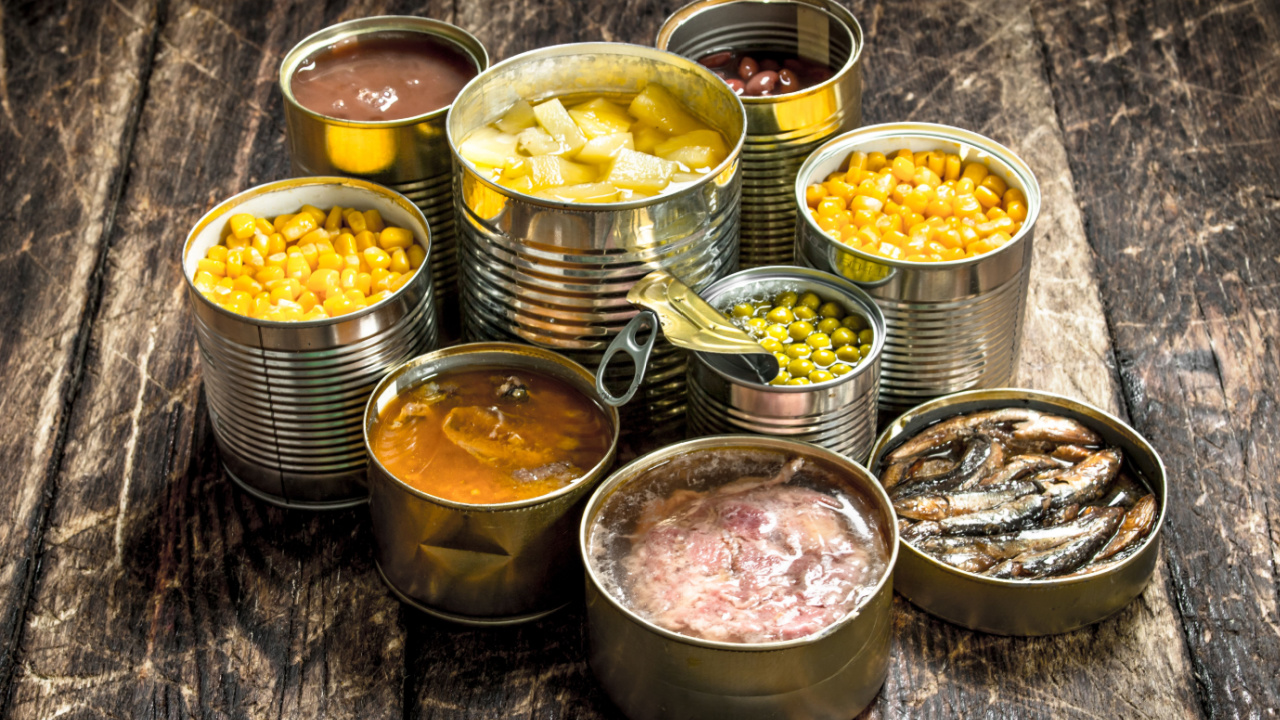
I firmly believe in keeping a well-stocked emergency pantry. While fresh food is ideal, in a survival situation, we may not be that lucky. So, for my family, even though we grow a lot of our own food, canned goods play a crucial role in emergency preparedness. They offer a reliable source of nutrition when access to fresh produce may be limited. The goods you stockpile should be affordable, easy to store, and full of nutrition.
Best Regions in the U.S. to Escape to When Society Collapses
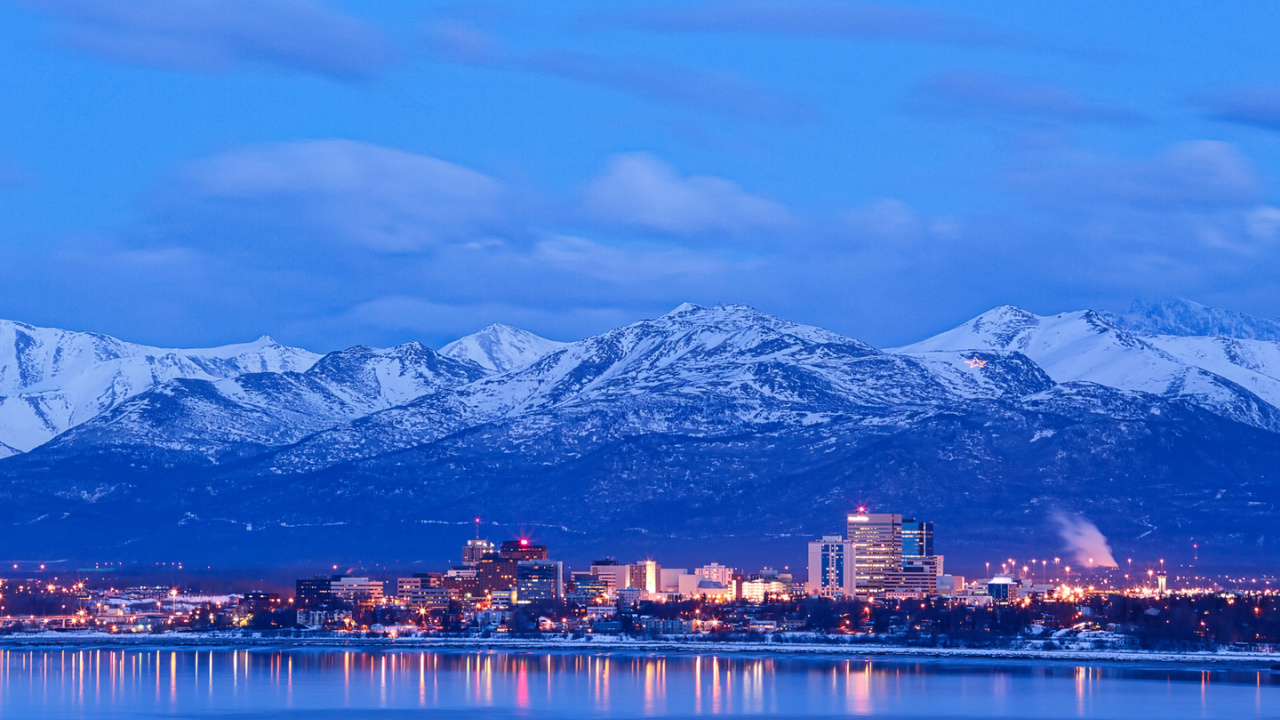
Choosing a refuge in the event of societal collapse involves weighing the pros and cons of each location against your personal preparedness goals and abilities. Whether you’re drawn to the solitude of the desert or the protective heights of the mountains, the key is finding a place that offers safety and the opportunity for growth and renewal.
